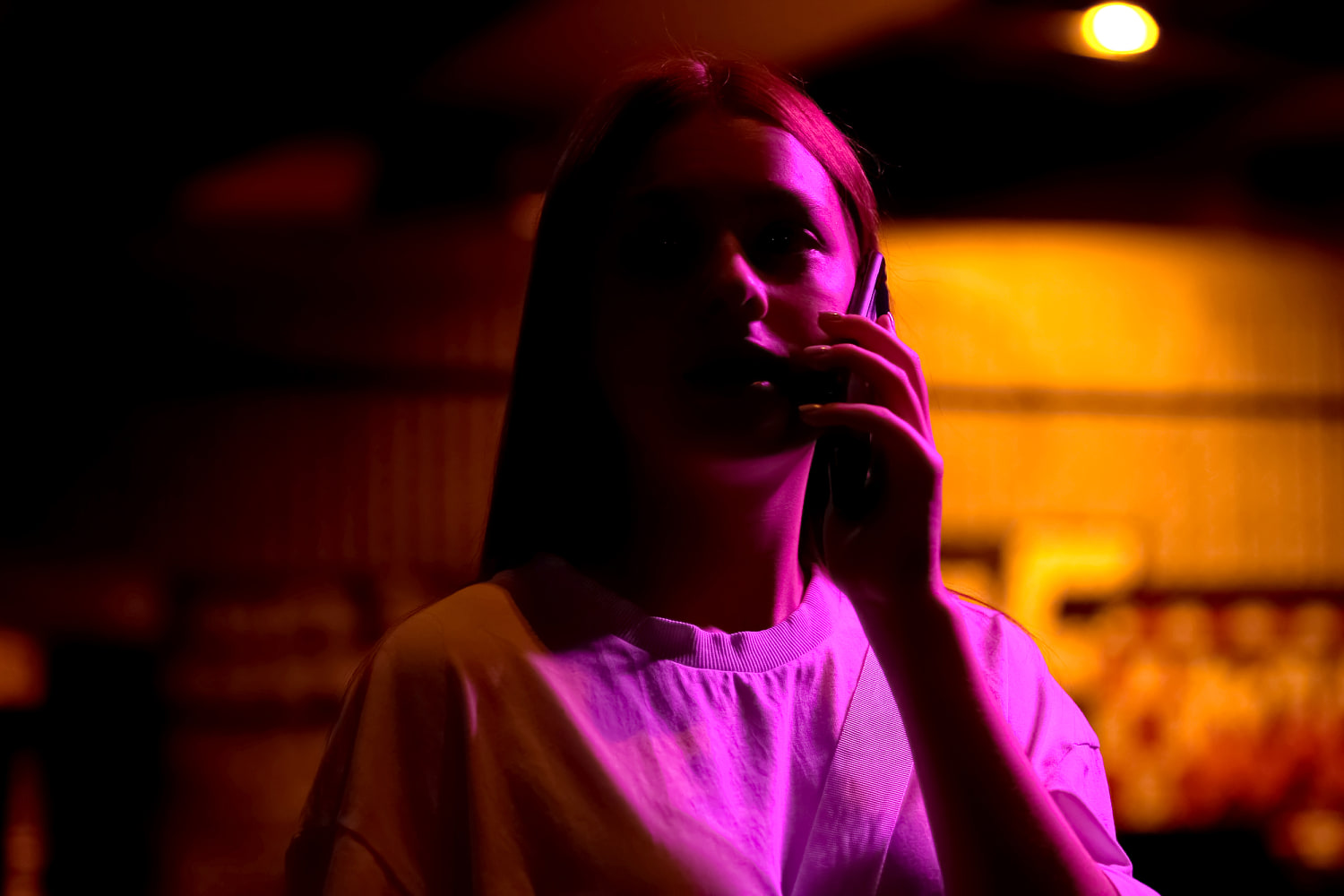
Protecting kids online shouldn’t mean making some kids safer while putting others in harm’s way. That’s why earlier this week I voted against the Kids Online Safety Act, a well-intentioned bill that unfortunately pairs important privacy and design protections with new censorship powers. I fear that these authorities could be abused by a MAGA administration to target our most vulnerable children and the technologies, like encryption, that keep them safe.
Unfortunately, KOSA and another bill, the Children and Teens’ Online Privacy Protection Act, together passed the Senate on an overwhelming vote. Lawmakers on both sides of the aisle congratulated themselves on standing up to Big Tech, even though many of the biggest technology and social media companies, including Microsoft, Snap and X, endorsed the bill.
It is unfortunate that once again, Congress is faced with a well-intentioned, yet flawed, tech legislation.
Together, the package contained three elements: one, a laudable children’s privacy bill by my friend Sen. Ed Markey, D-Mass., which I had co-sponsored; two, a similarly important proposal creating new regulations against the use of unsafe and addictive designs by social media companies; and three, the creation of a “duty of care” for companies that could allow the Federal Trade Commission to sue businesses that recommend content that could harm children’s mental health.
The first two elements help all children minimize the potential for collateral harm and are largely uncontroversial. But the “duty of care” has earned opposition from the American Civil Liberties Union, Fight For the Future, Advocates for Youth and dozens of other advocates for free speech and LGBTQ+ rights.
These groups fear that the duty of care could be used to pressure social media companies to censor information the administration in power doesn’t like, including LGBTQ+ content, reproductive health information, or other topics that regulators could decide harm kids’ mental health. That is of special concern in light of former President Donald Trump’s efforts to make it easier to purge federal employees and replace them with political operatives.
While the bill’s authors have attempted to limit abuse by linking causes of action to mental health disorders, I fear that will not be sufficient to constrain culture warriors on the far right. For example, Trump’s running mate, Sen. JD Vance, has suggested that not having children is linked to mental illness and has repeatedly claimed that “childless cat ladies” and single adults may be less mentally fit and worthy citizens than other Americans.
“You know, I worry that it makes people more sociopathic and ultimately our whole country a little bit less, less mentally stable,” Vance said in 2020. “And of course, you talk about going on Twitter — final point I’ll make is you go on Twitter and almost always the people who are most deranged and most psychotic are people who don’t have kids at home.”
Someone like that has no business deciding what information Americans can or cannot see on the internet.
Instead of passing flawed legislation like SESTA and KOSA, Congress should take on Big Tech for real.
The Heritage Foundation, architects of the dangerous and bizarre Project 2025 plan for a future Republican president, last year argued that KOSA should be used to keep trans content away from kids in the name of protecting their mental health. It is no stretch to see these crusaders for medieval values using this legislation to censor reproductive health information and discussions by and about LGBTQ+ people.
It is unfortunate that once again, Congress is faced with a well-intentioned, yet flawed, tech legislation. The last major tech bill Congress passed was SESTA-FOSTA, enacted in 2018 with the stated goal of stopping sex trafficking online by creating new liability for tech companies. Sen. Rand Paul, R-Ky., and I were the only members to vote against that bill.
I warned at the time that bill would do little to catch predators or help victims, and would only drive sex work to darker corners of the web, or the streets. Unfortunately, I’ve been proved right. After SESTA-FOSTA, violence against sex workers increased dramatically. The Government Accountability Office found that SESTA-FOSTA did virtually nothing to stop sex trafficking. Instead, it caused all kinds of information that had nothing to do with sex trafficking to be censored from the internet.
Instead of passing flawed legislation like SESTA and KOSA, Congress should take on Big Tech for real, and pass legislation that will deliver for children’s safety. I’ve proposed legislation to ban all surveillance advertising and outlaw the toxic business model fueling the worst behavior online. I’ve also proposed bipartisan legislation to spend $5 billion to help protect kids from becoming victims of trafficking, and to find and prosecute the criminals who prey on children.
This is undoubtedly a deeply personal issue to many Americans. I am deeply thankful to everyone who has weighed in on KOSA, from advocates to parents to young people, both for and against the bill. And I am thankful that Majority Leader Chuck Schumer, D-N.Y., and Senate Commerce Committee Chair Maria Cantwell, D-WA, worked with me and advocates to improve the bill, including reducing the powers MAGA attorneys general would have under this legislation. The result was a meaningfully better bill. But it was not enough.
Now KOSA goes to the House for its consideration. It is not too late to prevent MAGA politicians from exploiting KOSA to help wage a dangerous and retrograde culture war. It’s not too late to bolster platforms’ protections for responsible use of technologies like encryption and anonymous accounts. It is not too late for Congress to work together to pass better legislation that makes all kids safer online.

Leave a Reply